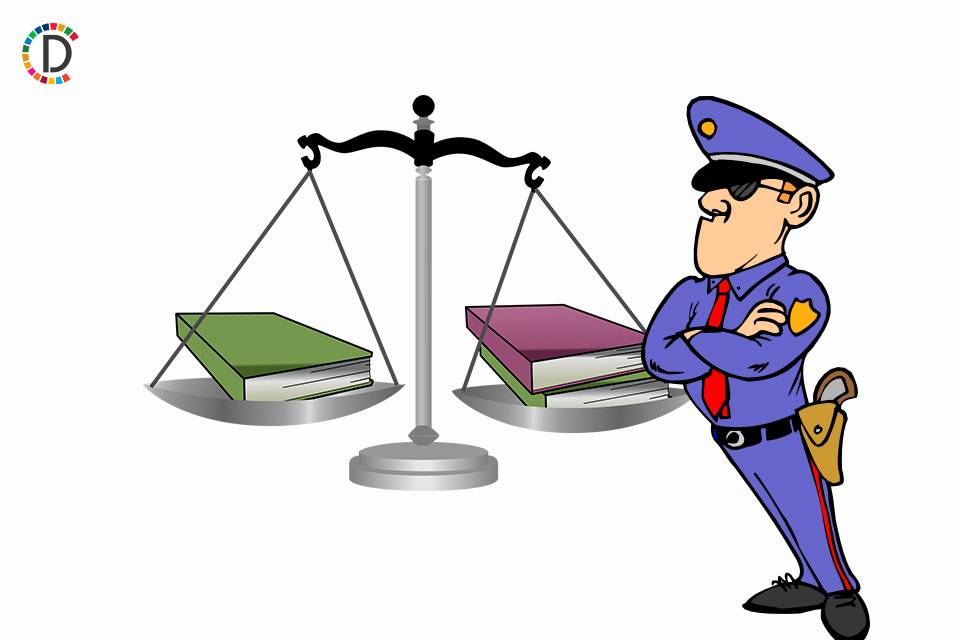Judge temporarily blocks New York Times from publishing Project Veritas materials
We are seeking an immediate review of this decision." Baquet's statement referred to the U.S. Supreme Court's 1971 rejection of the Nixon administration's bid to stop the Times and the Washington Post from publishing the Pentagon Papers, which detailed U.S. military involvement in Vietnam. Bruce Brown, executive director of the Reporters Committee for Freedom of the Press, called prior restraint "among the most serious threats to press freedom," and said an appeals court should vacate Wood's order if the judge does not.

A New York trial judge on Thursday temporarily blocked the New York Times from publishing some materials concerning the conservative activist group Project Veritas, a rare step that the newspaper said violated decades of First Amendment protections for the process. The order by Justice Charles Wood of the Westchester County Supreme Court covers memos written by a Project Veritas lawyer and obtained by the Times.
Wood scheduled a hearing for next Tuesday to consider a longer prohibition against publication, and whether the Times should remove references to privileged attorney-client information in a Nov. 11 https://www.nytimes.com/2021/11/11/us/politics/project-veritas-journalism-political-spying.html article about Project Veritas' journalism practices. "This ruling is unconstitutional and sets a dangerous precedent," Dean Baquet, the Times' executive editor, said in an emailed statement.
"When a court silences journalism, it fails its citizens and undermines their right to know," he added. "The Supreme Court made that clear in the Pentagon Papers case, a landmark ruling against prior restraint blocking the publication of newsworthy journalism. That principle clearly applies here. We are seeking an immediate review of this decision." Baquet's statement referred to the U.S. Supreme Court's 1971 rejection of the Nixon administration's bid to stop the Times and the Washington Post from publishing the Pentagon Papers, which detailed U.S. military involvement in Vietnam.
Bruce Brown, executive director of the Reporters Committee for Freedom of the Press, called prior restraint "among the most serious threats to press freedom," and said an appeals court should vacate Wood's order if the judge does not. "This is the first prior restraint entered against the New York Times since the Pentagon Papers, and it is an outrageous affront to the First Amendment," Brown said in a statement.
Lawyers for Project Veritas did not immediately respond to requests for comment. They had urged Wood to intervene after "references to, descriptions of, and verbatim quotations" from memos prepared by its lawyer Benjamin Barr appeared in the Times.
The group is also suing the Times for defamation over a September 2020 article https://www.nytimes.com/2020/09/29/us/politics/project-veritas-ilhan-omar.html describing a video it released alleging voter fraud in Minnesota. In a court filing, Project Veritas called the Nov. 11 article "a bare and vindictive attempt to harm and embarrass a litigation adversary."
Times lawyers told Wood he should not impose a "draconian and disfavored restriction" against publication, without giving the newspaper a chance to show that Project Veritas' request was "factually and legally deficient ... and seeks relief that the court cannot and must not grant." The case is Project Veritas v New York Times Co et al, New York State Supreme Court, Westchester County, No. 63921/2020.
(This story has not been edited by Devdiscourse staff and is auto-generated from a syndicated feed.)










